A Chinese envoy to the United Nations on Monday called for all countries to practice "true multilateralism", strengthen unity under the banner of the UN and create a community with a shared future.
All countries must resist unilateral sanctions that violate international law, must maintain the international order based on international law, and must be guaranteed to participate in international affairs on an equal footing, said Zhang Jun, China's permanent representative to the UN.
Zhang, speaking at a UN Security Council meeting titled "Effective Multilateralism Through the Defense of the Principles of the Charter of the UN", called the document "the cornerstone of the postwar international order".
"What is most needed now is for all countries to practice true multilateralism, strengthen unity under the banner of the UN, enhance the effectiveness of the global governance system, achieve common security, promote common development, and open up a shared future," he said.
To uphold the authority and effectiveness of the Charter, "we should not just ask others to do it, but start with ourselves first; we must avoid selectively applying it and engaging in exceptionalism", said Zhang.
"We should also avoid forming exclusive cliques, promoting so-called 'democracy' against 'authoritarian' narratives, and provoking geopolitical confrontations. Instead, we should advocate for dialogue and cooperation, and prioritize peaceful means of resolving disputes," he continued.
China is opposed to individual countries "distorting the meaning of international law by packaging their own will into what they refer to as the 'rules-based international order'," Zhang said.
"China is also opposed to treating international agreements as a trivial matter, whether it be through the wanton tearing up of agreements or the practice of double standards," said Zhang, emphasizing that such actions "undermine the credibility of those who engage in them".
"If major powers arbitrarily disregard important treaties and agreements related to international peace and security, not only will international law be undermined but the world will also be deprived of lasting peace," the envoy said. "In light of this, relevant countries should seriously reflect on their actions."
"The UN cannot and should not only serve the interests of some countries or even a few countries," said Zhang.
He said it is unreasonable for a country's citizens to serve as the heads of some specialized agencies of the UN and international financial institutions for a long time or even permanently.
"The pace of major changes in the world is accelerating, and multipolarization is becoming a reality. The democratization of international relations must also keep pace, fully embodying the principles of equality and improving the fairness and effectiveness of multilateralism," he said.
Developing countries, especially African countries, "should play a greater role in the UN, and the participation and decision-making rights of developing countries must be guaranteed", Zhang said.
Zhang said that the United States and some other countries have imposed unilateral sanctions without authorization from the Security Council. "Such actions are based on the pursuit of hegemony, technological monopoly and ideological interests. They lack legal basis and stand in stark contrast to the development and progress of the world," he said.
Unilateral sanctions also create and exacerbate humanitarian crises, violate the basic rights of women and children, hinder the development and progress of all countries, especially small and medium-sized countries, and cause great damage to the harmony and stability of international relations, Zhang said.
What is even more concerning, said Zhang, is that unilateral sanctions are often "justified in the name of upholding international law and implementing Security Council resolutions", which has "led to unjust consequences for the United Nations and weakened the authority of multilateralism", he said.
He urged relevant countries to immediately stop unilateral sanctions and called on the international community and countries to "uphold fairness, justice and independence", and jointly "resist and counter such illegal acts".
UN Secretary-General Antonio Guterres attended Monday's meeting and called for respect for international law, adherence to global commitments, and the adoption of appropriate frameworks of multilateral governance.
"The multilateral system is under greater strain than at any time since the creation of the United Nations," said Guterres. "Tensions between major powers are at an historic high. So are the risks of conflict, through misadventure or miscalculation."
Countries must recommit to their obligations under the UN Charter, put human rights and dignity first, and prioritize the prevention of conflict and crises, Guterres said.










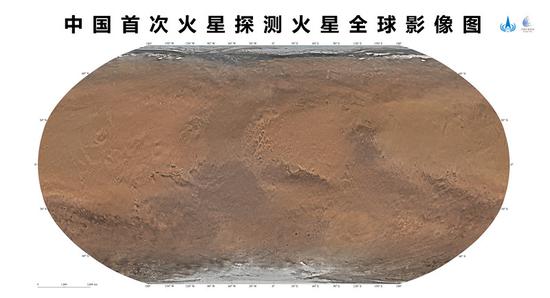



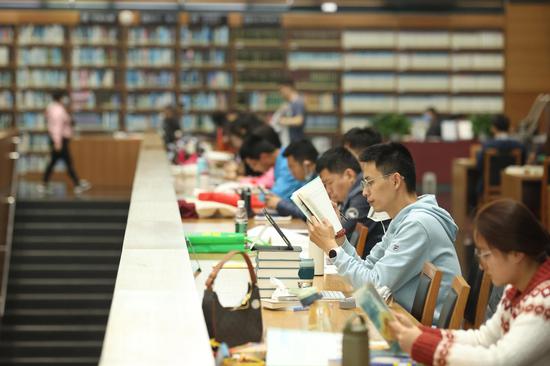


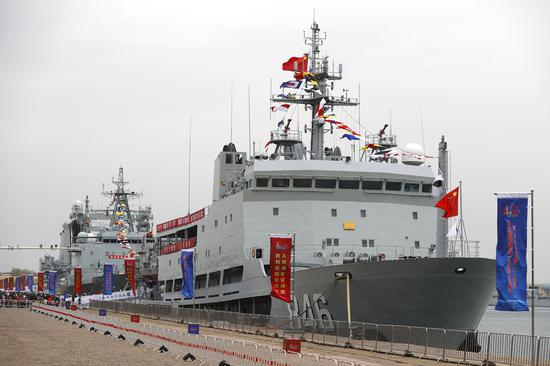



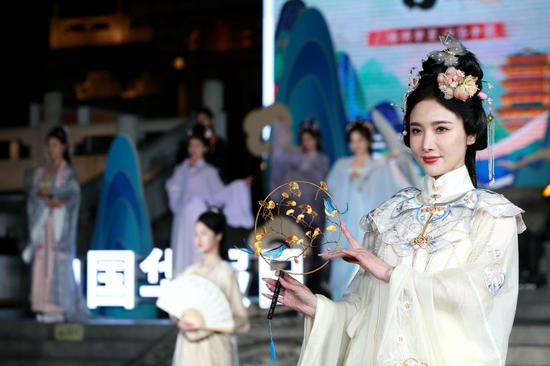
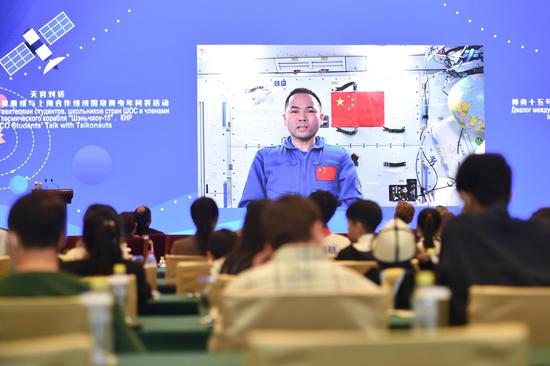




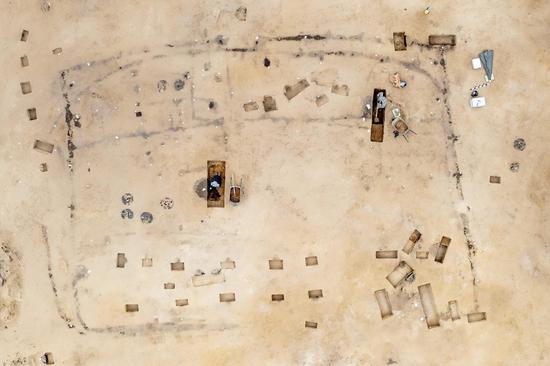

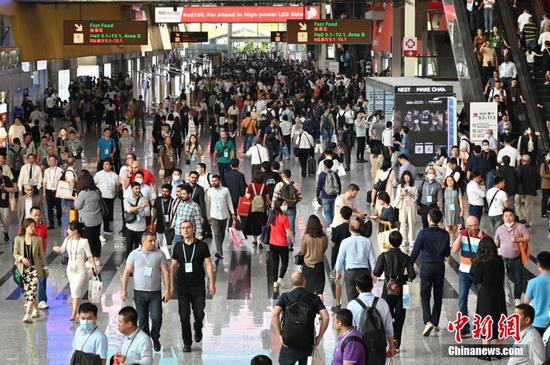





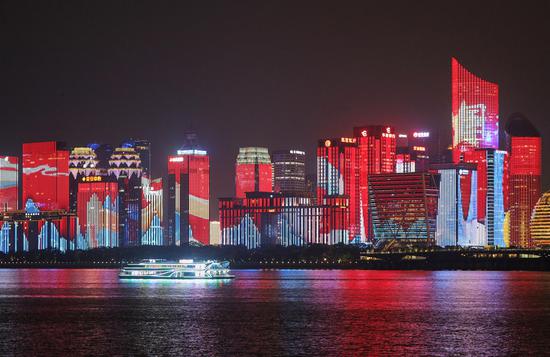

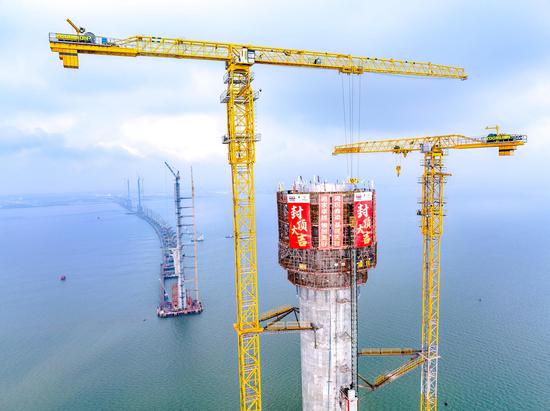
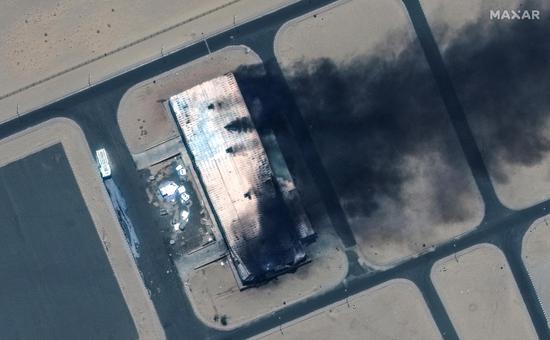
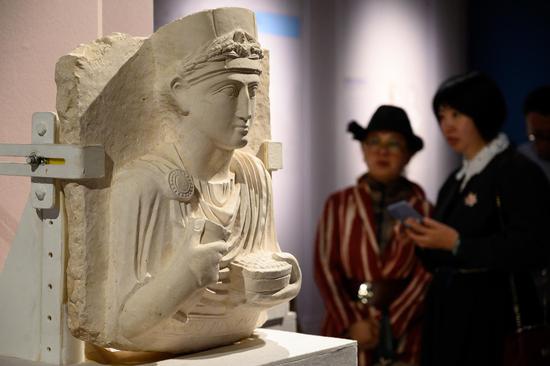

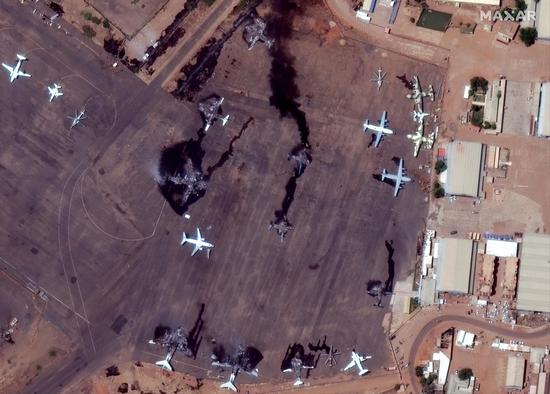


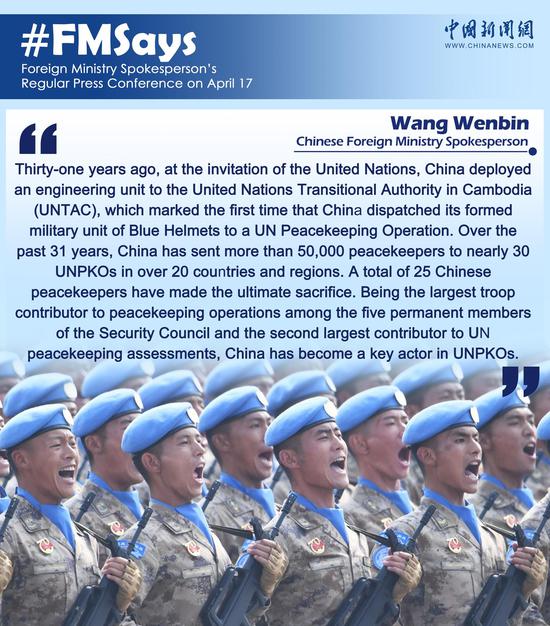





 京公网安备 11010202009201号
京公网安备 11010202009201号